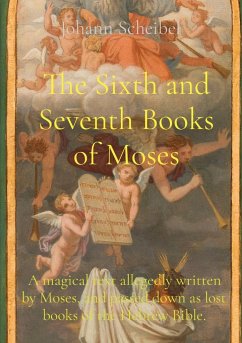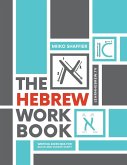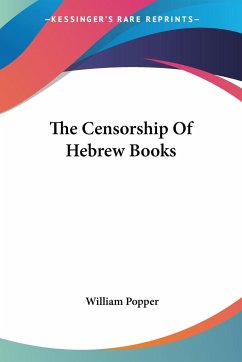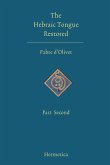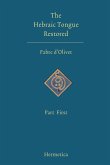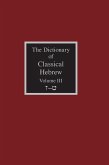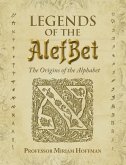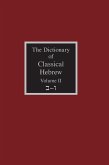The Sixth and Seventh Books of Moses, arguably one of the most popular magick books ever published, contains two secret apocrypha ascribed to Moses, perhaps pseudepigraphically. The book consists of a collection of texts, which claim to explain the magick Moses used to win the biblical magick contest with the Egyptian priest-magicians, part the Red Sea, and perform other miraculous feats. It includes instruction in the form of invocations, magick words, and seals for calling upon the angels to affect worldly ends, from the sublime (calling down a plague of locusts and frogs upon your enemy) to the mundane (getting more money). Many manuscripts and printed pamphlet versions circulated in Germany in the 1800s, and an English translation by Johann Scheible first appeared in New York in 1880 that had not been corrected or re-edited until now. In creating this restored, corrected edition, Joseph Peterson drew on Scheible's final edition of the text and his original sources. It will be of great interest to those who have suffered through prior editions and anyone looking for a traditional source of Western magick. * Used in various modern traditions of American folk magick, from Pennsylvania Dutch hexmeisters and contemporary eclectic magicians, to voodoo practioners and African American root workers. ¿¿The printed texts of The Sixth and Seven Books of Moses (from 1849) combine two purportedly lost short Biblical texts with several contemporary essays and half a dozen purported writings of those who kept this knowledge and practiced its use through history, dated from Biblical times to the 17th Century. These works attempt to paint a portrait of secret knowledge which Moses was given by God, and then handed down father to son until King Solomon, when it was handed to Priests, and finally, Talmudic scholars. In Christian circles, the text appealed to the same authority as did Biblical apocrypha: Biblical texts outside the current Biblical canon. Containing numerous allegedly magical spells used to summon spirits to do the will of the conjurer, the books are attributed to works in which Moses sets forth the magic which enabled him to defeat the magicians of Egypt, part the Red Sea, and perform the acts attributed to him in the Old Testament.[11] Although these are allegedly Kabbalistic in nature, there is very little or no influence of Kabbala within the pages. Most texts are reputed to be Hebrew, passed to the editors through European Talmudic scholars or Christian Medieval ecclesiastics who were privy to secret Biblical texts. Some of the texts are allegedly translated from a text written by Canaanite magicians and keepers of the Samaritan Pentateuch in the "Cuthan-Samaritan language", a language considered extinct since the 12th century.
Hinweis: Dieser Artikel kann nur an eine deutsche Lieferadresse ausgeliefert werden.
Hinweis: Dieser Artikel kann nur an eine deutsche Lieferadresse ausgeliefert werden.

